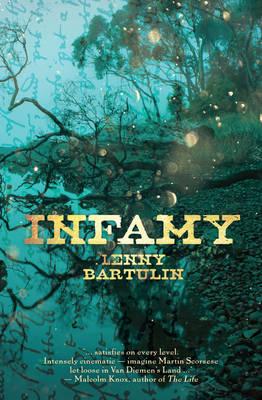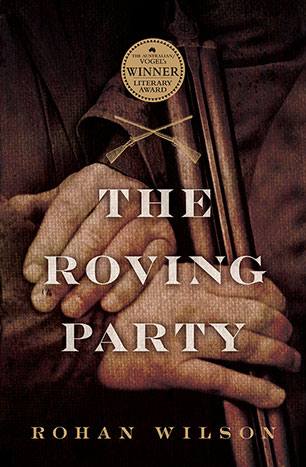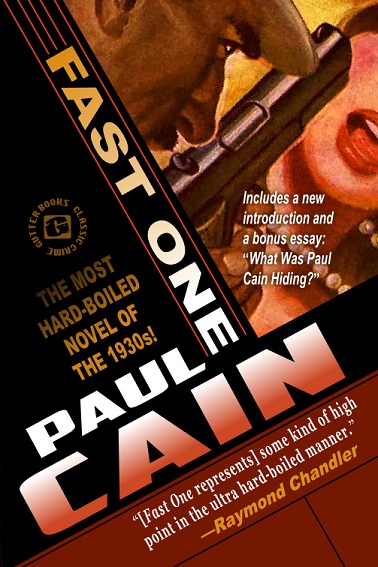JB1975
Brownlow Medallist
Do you guys buy books online? I'm about half and half. If I do buy over the internet, I use a well known Australian-based book supplier, and not an international one. That way I am supporting an Australian company, plus the books (if in stock, and most have been) arrive within a couple of days.
I have been burnt using the mega online international suppliers. I have found the quality of the book can be poor. Plus, buyer beware, and read the options carefully. I once bought a novel by a well known German writer (cant recall the writer or the title), and when it arrived it was in German! Well, duh. My fault, and it cost nearly as much to return as it cost to buy in the first place, so I didn't return it! Off it went to the Brotherhood and is probably still sitting in one of the Smith Street op shops waiting for a German reading buyer.
My non-fiction habits are ordered online. Part of this is about range, but hard cover books in Australia are awfully expensive.
My fiction feed comes straight off the shelf. They are mostly paperback, paperbacks are cheap, and I enjoy wistful and time-wasteful visits to bookshops in which I read a chapter of a book before I put it back on the shelf or buy it.
Long live the bookstore, though I fear they're not destined for long life...








